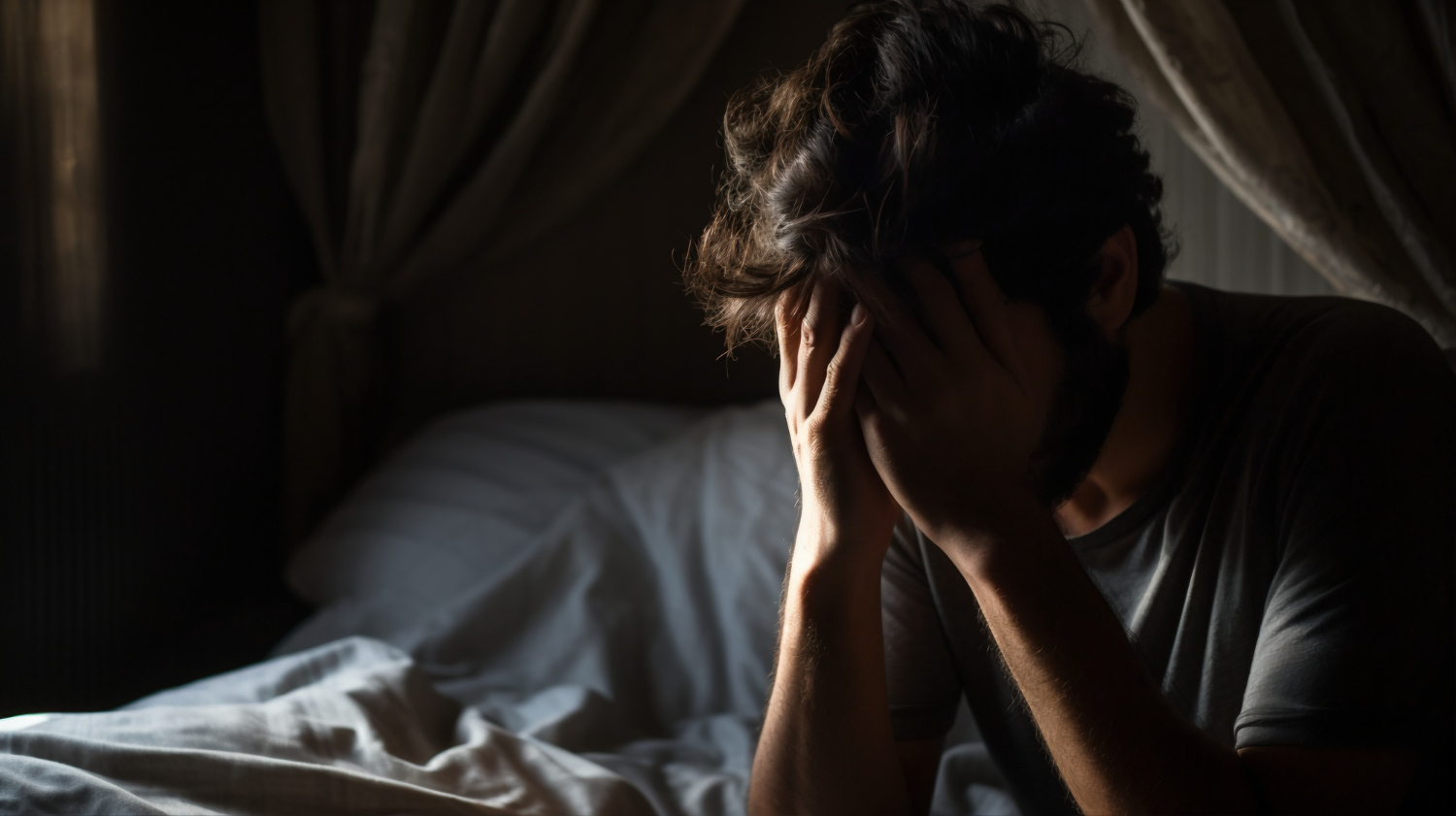
Introduction
Living in a fast-paced world, filled with challenges and uncertainties, makes it all too common for individuals to grapple with feelings of sadness, hopelessness, and despair. These emotions can escalate, evolving
into a mental health condition known as depressive disorder, or simply, depression. In this comprehensive guide, we aim to explore the complexities of depressive disorder, shedding light on its causes, symptoms,
treatment options, and the crucial importance of seeking professional assistance when necessary.
When an unknown printer took a galley of type and scrambled it to make a type specimen book. It has survived not only five centuries, but also the leap into electronic typesetting, remaining essentially unchanged
Lorem ipsum dolor sit amet consec tetur adipis icing elit
What is Depressive Disorder?
Depressive disorder, often referred to as depression, is a pervasive mental health condition affecting millions of individuals worldwide. It manifests through persistent feelings of sadness, low energy, and a
diminished interest or pleasure in activities that once brought joy. Depression can significantly impact a person's daily life, making it challenging to function effectively at work, in relationships, and
within society.
Understanding the Causes
Depression is a nuanced condition with multifaceted origins. While it can arise from a combination of genetic, environmental, and psychological factors, it's essential to recognize that anyone can be
vulnerable to depression. Common contributing factors encompass:
1. Genetics: Research indicates that individuals with a family history of depression may have an increased susceptibility to developing the condition themselves.
2. Chemical Imbalances: Disruptions in brain chemicals, such as serotonin and dopamine, can significantly contribute to the onset of depressive symptoms.
3. Stressful Life Events: Traumatic experiences, loss of a loved one, or major life changes can act as triggers for depression.
4. Chronic Illness: Certain medical conditions, like chronic pain or illness, can contribute to the development of depression.
Identifying the Symptoms

Early identification of depression is crucial for effective treatment. Common symptoms of depressive disorder include:
- - Difficulty concentrating
- - Feelings of guilt or worthlessness
- - Thoughts of self-harm or suicide
- - Fatigue and low energy

If you or someone you know is experiencing these symptoms, seeking professional help is imperative.
- - Persistent feelings of sadness or emptiness
- - Loss of interest in activities
- - Changes in appetite or weight
- - Sleep disturbances
Exploring Treatment Options
Thankfully, depression is a treatable condition, and there are various options available to help individuals regain their mental well-being. Treatment approaches encompass:
1. Psychotherapy: Engaging in talk therapy with a trained therapist can help individuals delve into the root causes of their depression and develop effective coping strategies.
2. Medications: Healthcare providers may prescribe antidepressant medications to regulate brain chemistry and alleviate symptoms.
3. Lifestyle Changes: Incorporating regular exercise, a balanced diet, and sufficient sleep can positively impact mental health.
4. Support Groups: Joining support groups can provide individuals with a sense of belonging and understanding, fostering a supportive environment.
Frequently Asked Question
Social Work organization or practice. This content covers common questions that clients, students, or the general public might have about social work services, roles, and support:
-
Is my technology allowed on tech?
There are many variations of passages the majority have suffered alteration in some fo injected humour, or randomised words believable.
-
How to soft launch your business?
There are many variations of passages the majority have suffered alteration in some fo injected humour, or randomised words believable.
-
How to turn visitors into contributors
There are many variations of passages the majority have suffered alteration in some fo injected humour, or randomised words believable.
-
How can i find my solutions?
There are many variations of passages the majority have suffered alteration in some fo injected humour, or randomised words believable.
 info@newlife.com
info@newlife.com 390 Racetrack Rd. McDonough, GA 30252
390 Racetrack Rd. McDonough, GA 30252
 404-275-2322
404-275-2322



